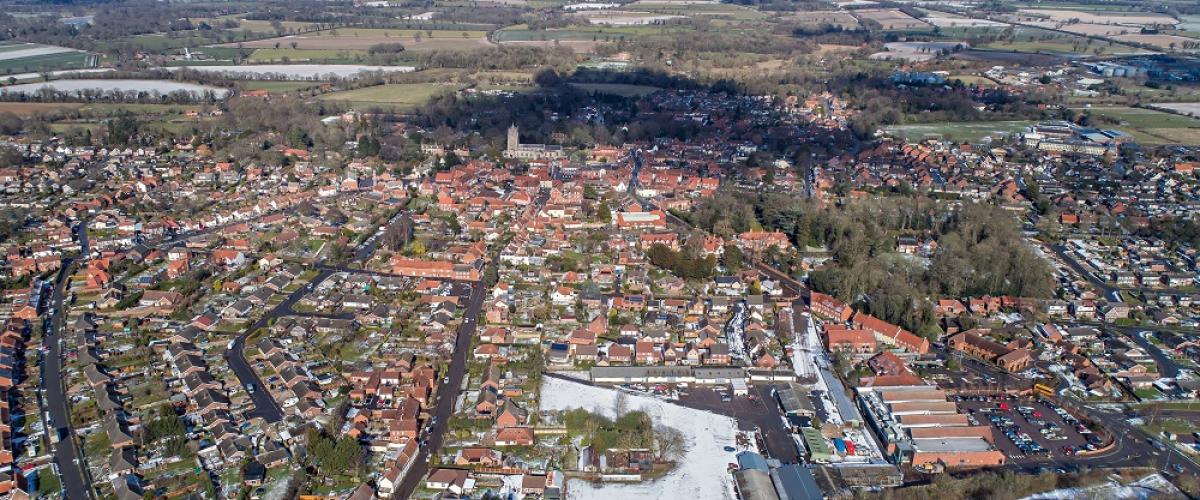Sector Review: Landlord and Tenant FAQ
Nick Williams answers common questions about how to deal with negotiations in the light of the Covid19 crisis.
Landlord and Tenant FAQ
How has the Covid-19 crisis impacted on the ability of commercial occupiers to pay their rent?
The picture is varied: some businesses have continued trading as normal or better, others have managed to carry on but with a reduced level of activity, and others have not been able to trade at all. Inevitably where occupiers have seen their trade impacted, this will have affected their ability to pay their rent.
What should landlords do if their tenants are struggling to pay the rent?
It is vital for both landlords and tenants to engage with each other in these circumstances – burying your head in the sand and pretending the problem will go away never works.
There are a number of options which landlords might consider. These include deferring the rent, perhaps with a quarter’s (or even two) rent being deferred and paid off over an agreed period of time. Obviously this works better when there is still enough time left on the lease for it to be viable for a payment plan to work – and landlords must be confident that the business is fundamentally sound and will be able to catch up on the arrears when they start trading fully again.
Another option is to offer a rent free holiday in exchange for an enhancement in the lease terms, such as extending the period of the lease. The issues for landlords to think about here include the fact that they will not be able to recover the lost rent from the holiday period, and if the occupier is in financial difficulty, locking them into a prolonged lease might not be the best idea.
Should landlords be reducing headline rents?
There is considerable uncertainty about what rents will do in the medium-term, especially in the office market. It is usually better to consider options such as a rent holiday rather than reducing the headline rent, because once you do this, all future reviews will be based on this new, lower figure and this will have long term adverse implications.
How important is covenant strength at the moment?
Ensuring you have high-quality, prospering businesses occupying your property is always important, but it has never been as vital as right now, because any voids may be increasingly difficult to re-let, and doing so may involve re-assessing rent expectations. Anyone leasing a commercial property right now needs to find a good balance between maximising rental yield and ensuring rent security. Asking for rent deposits (rather than personal guarantees) is an increasingly good move.
Good quality tenants know that they are in a good position to negotiate, and may be asking for flexibility in leases. Landlords may have to give way to such demands in order to secure high quality tenants.
What is the most important thing landlords and tenants should do?
Open and honest communication is the key here – because it engenders trust, which will allow both sides to negotiate fairly to find a solution which benefits both parties. Don’t wait for the quarter day when the rent is due, start engaging as soon as it becomes clear that there is a problem. Landlords need to be prepared to be flexible, but for their part, tenants need to demonstrate that they are committed to fulfilling their part of the lease, even if they are experiencing short-term trading difficulties because of Covid.
What external help is available?
Many of the government’s schemes to help businesses impacted by Covid are relevant here, from the Job Retention (furlough) Scheme through business rates holidays and grants for retail, hospitality and leisure businesses, to the Self-Employed Income Support Scheme. Many tenants will have benefitted from these, as well as the various low/no cost loans schemes; it’s reasonable for landlords to expect that some of that support should come their way when the rent is due.




